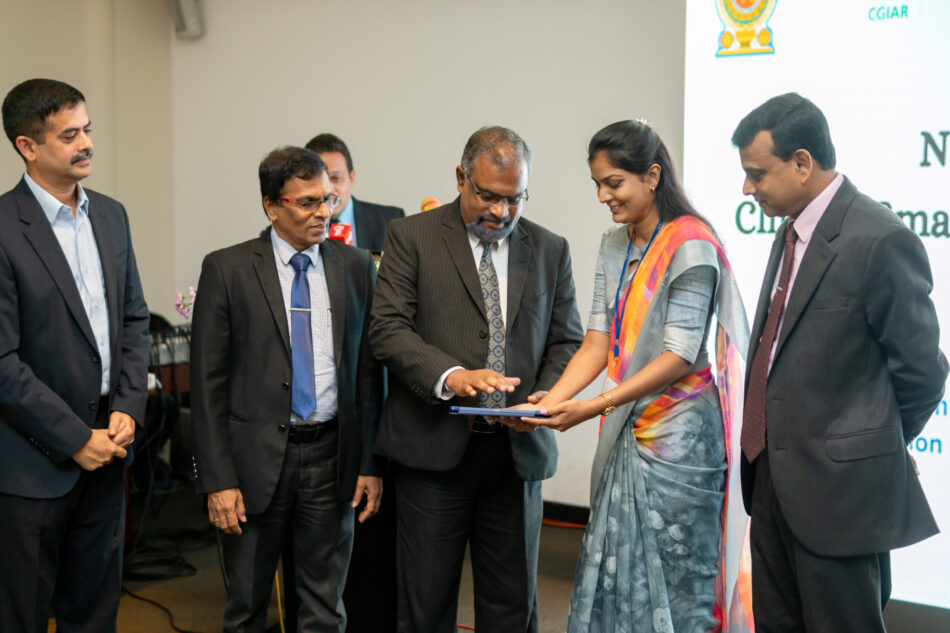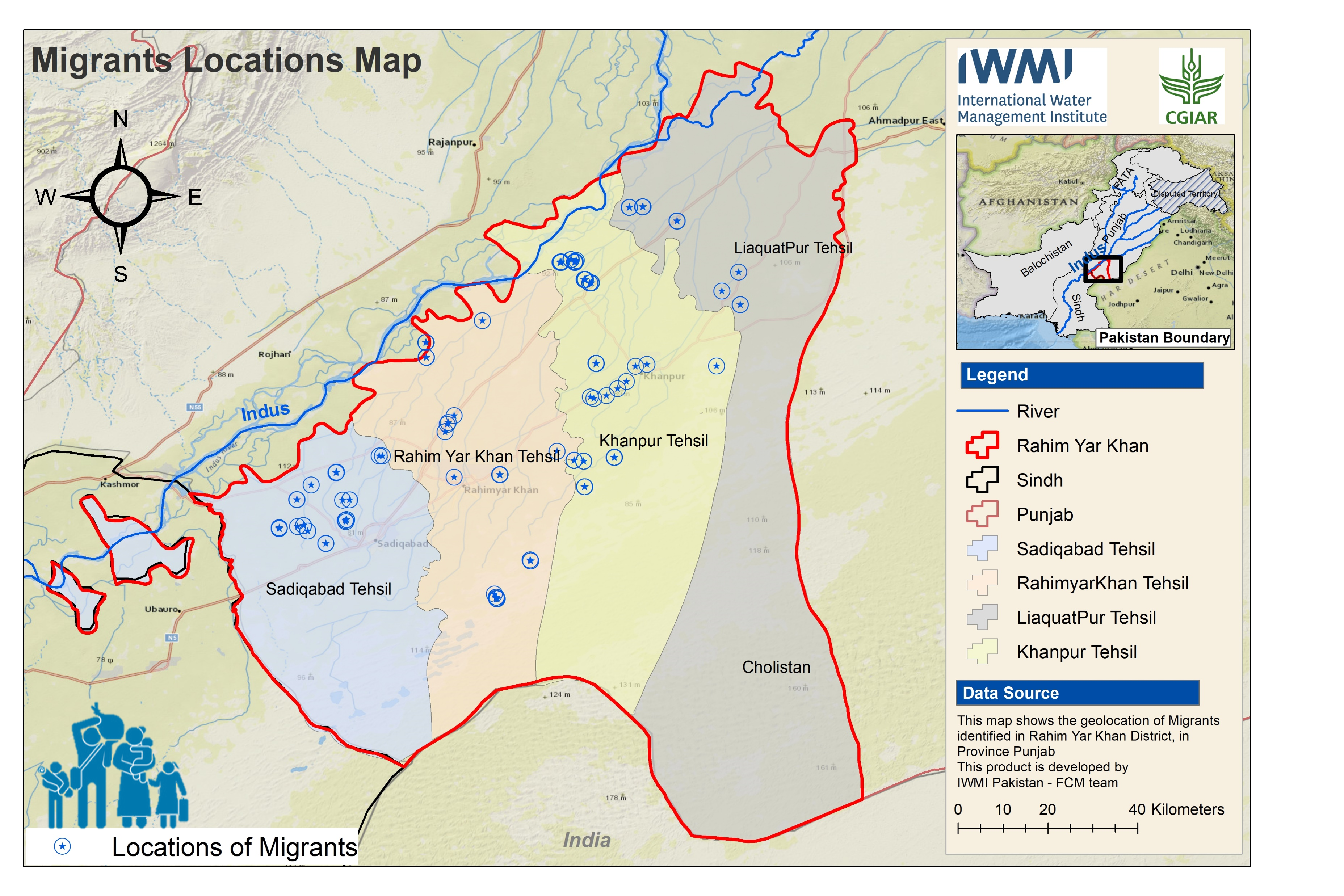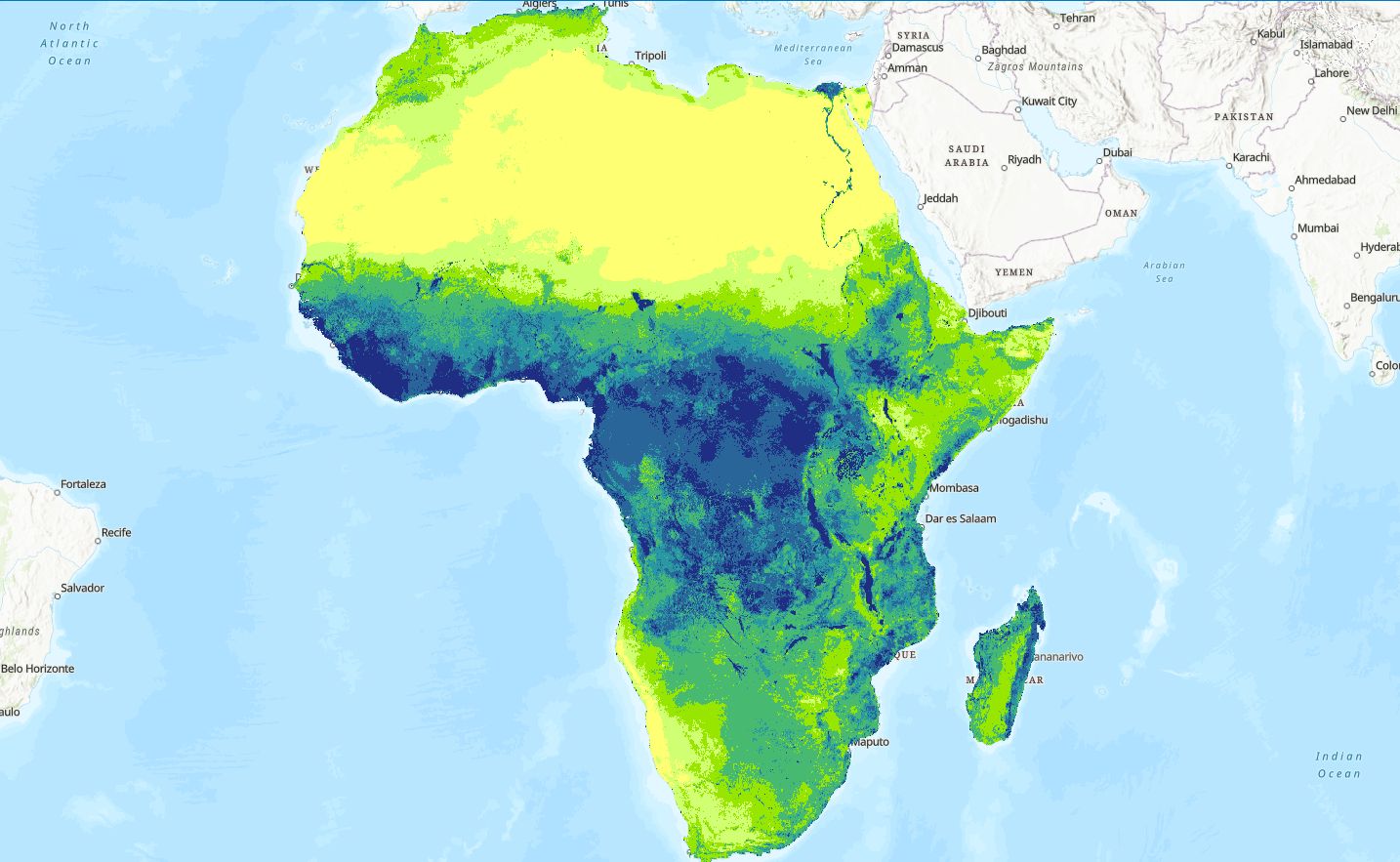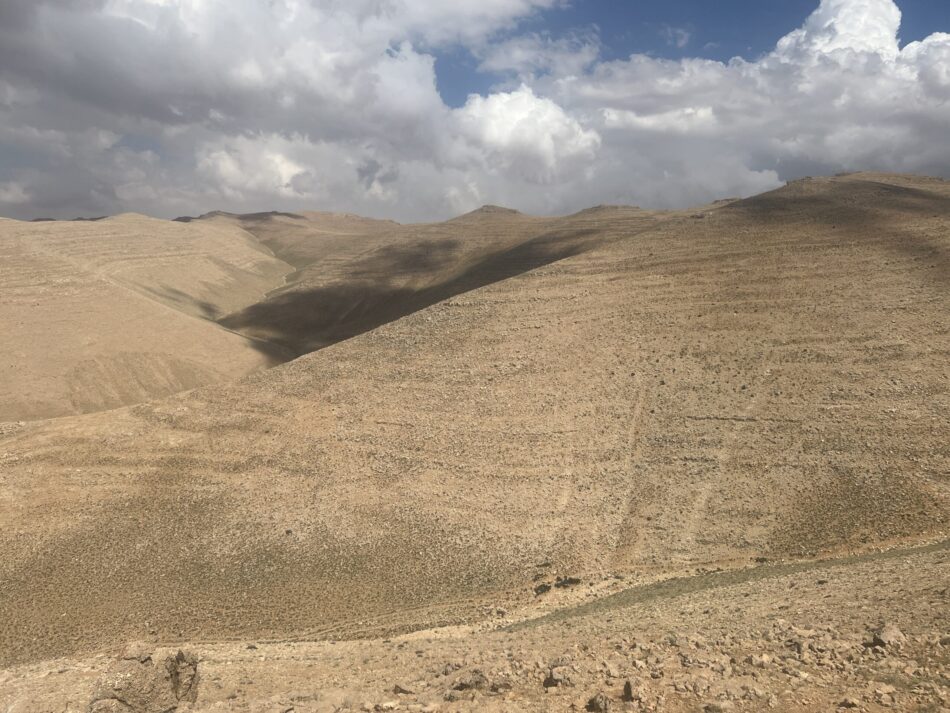The project was divided into two main components.
- STRUCTURAL CAUSES OF VULNERABILITY TO CLIMATE CHANGE IN THE INDO-GANGETIC PLAIN
This first part of the study involved a literature review of the structural causes of vulnerability in Nepal, North India and Bangladesh.
It also collected household and village level qualitative and quantitative data through case studies in Nepal (Morang and Dhanusha) and Bihar (Madhubani) to support the literature findings.
The field study endeavored to understand the patterns of vulnerability and adaptive capacity for women, with a focus on agricultural water management. There were several key questions:
- What are the structural causes of vulnerability to climate change on the Indo-Gangetic plains? To what extent are these shaped by gender relations?
- What challenges do women in particular face in adapting their livelihoods to climate change? This may include for example, challenges in accessing capital to invest in new agricultural water management technologies or barriers in accessing institutional support services and training.
- Do these constraints have the capacity to affect livelihood decision making in the household or affect whether women can utilize their own agro-ecological knowledge?
- CLIMATE CHANGE AND WATER-RELATED INTERVENTIONS
As a second step, this study conducted an extensive literature review regarding the recent and current climate change and water-related interventions led by a wide range of actors, including donors, scientists, NGOs and the government in Nepal, North India and Bangladesh (grey and white literature). It also critically assessed associated discourses. The review was guided by the framework produced in stage 1 to analyze the structural causes of vulnerability, and was guided by the following questions:
- How are national discourses on climate change and water framed? What is their rationale, what model for development do they convey and how do they envision men and women’s roles in adapting to climate change?
- To what extent is the design and implementation of current water-related interventions dominated by inequitable gender relationships?
- How do current climate change and water-related interventions address structural causes of vulnerability? For instance, how do they potentially affect mechanisms of exclusion and inclusion of men and women from access to and control over water? Under which conditions can they potentially contribute to empowerment and well-being?
Semi-structured interviews are presently being conducted with the Department of Irrigation of Nepal and the Irrigation Division offices in 3 selected districts, with a specific focus on bureaucrats’ attitudes towards gender and irrigation. Some fieldwork on Department of Irrigation interventions was also carried out where possible.










